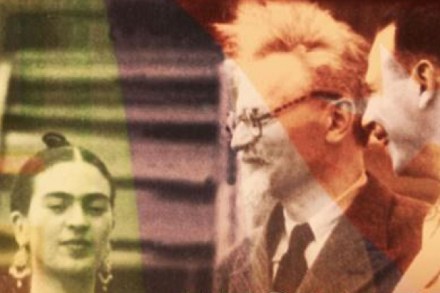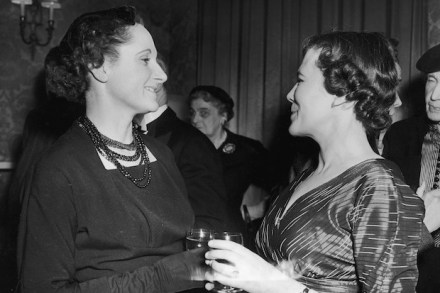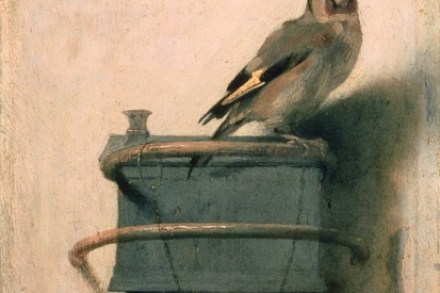William S. Burroughs was a writer – not a painter, prophet, philosopher
William S. Burroughs lived his life in the grand transgressive tradition of Lord Byron and Oscar Wilde and, like all dandies, he had a nose for hedonistic hot spots which he could mythologise along with himself. On the occasion of his centenary, Barry Miles takes us through these gorgeous, macabre scenarios with an attention to detail reminiscent of Dadd or Bosch: the boyhood in suburban St Louis; Harvard and early trips to Europe; the war, Greenwich Village and the Beats; Latin America and exile in 1950s Tangier, Existential Paris, Swinging London; the return to the USA and emergence as a literary celebrity adored by Warhol. The wheels are oiled with


















